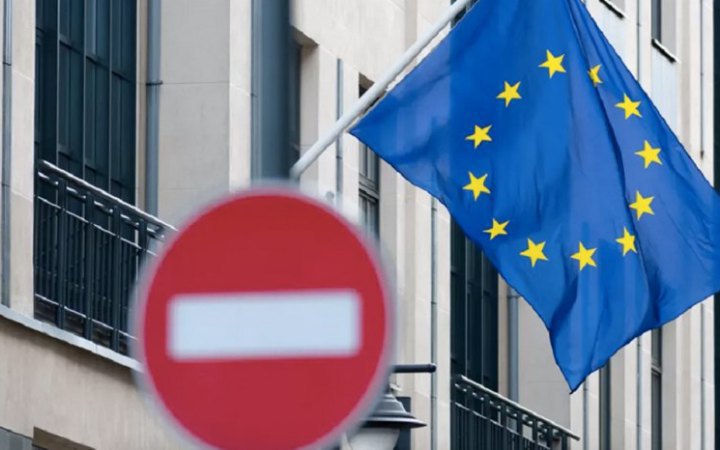On 16 December, the European Council adopted the 15th package of economic and individual restrictive measures against Russia.
This is stated in the press service of the European Council.
These measures are designed to overcome the circumvention of EU sanctions, target Putin's shadow fleet and weaken the Russian military-industrial complex.
The Council agreed on an 84-point list of 54 individuals and 30 organisations responsible for actions that undermine or threaten Ukraine's territorial integrity, sovereignty and independence.
In terms of individuals, the EU imposes sanctions against military officials responsible for the attack on the Okhmatdyt children's hospital in Kyiv, senior managers of leading companies in the energy sector, individuals responsible for deporting children, propaganda and sanctions circumvention, as well as two senior DPRK officials.
In terms of entities, the EU has sanctioned primarily Russian defence and shipping companies responsible for transporting crude oil and petroleum products by sea, providing important revenues to the Russian government. The list also includes a chemical plant, a civilian Russian airline that is an important provider of logistical support to the Russian military.
For the first time, full-fledged sanctions (travel ban, asset freeze, ban on access to economic resources) are imposed against various Chinese entities that supply drone components and microelectronic components to support Russia's aggressive war against Ukraine.
The European Council has also added new vessels to the list of those subject to a ban on access to ports and a ban on the provision of a wide range of maritime transport-related services. The measure targets non-EU tankers that are part of Putin's shadow fleet, which circumvents oil price caps or supports Russia's energy sector. The sanctions also apply to ships responsible for transporting military equipment for Russia or involved in the transport of stolen Ukrainian grain. In total, 52 ships were added, bringing the total number of ships on the list to 79.
The Council added 32 new entities to the list of those directly supporting Russia's military-industrial complex in its war of aggression against Ukraine. They are subject to stricter export restrictions on dual-use goods and technologies, as well as goods and technologies that could contribute to the technological improvement of the Russian defence and security sector.
Some of these organisations are located in third countries (China, India, Iran, Serbia and the United Arab Emirates) and have been involved in circumventing trade restrictions or have been involved in the procurement of ‘sensitive’ goods used for Russian military operations, such as UAVs and missiles.
To better protect European companies from litigation with Russian counterparties, the Council decided to prohibit the recognition or enforcement in the EU of those judgments issued by Russian courts under Article 248 of the Russian Arbitration Procedure Code. These decisions prevented the opposing party from commencing or continuing proceedings in a jurisdiction other than Russia (anti-suit injunctions), in clear violation of established international principles and practice. This has often resulted in disproportionately high financial sanctions for European companies. The new measure prevents these sanctions from being applied to EU operators in Europe.
In addition, the Council has authorised the release of cash balances held in EU central securities depositories (CSDs). This is necessary as the number of lawsuits and ‘retaliatory measures’ in Russia is increasing, leading to the seizure of assets of CSDs in the EU. Thanks to this innovation, CSDs will be able to request the competent authorities of Member States to unfreeze cash balances and use them to fulfil their legal obligations to their clients.
The EU has extended the deadlines applicable to certain derogations required for the withdrawal of businesses from Russia. Due to the risks of doing business in Russia, EU operators should consider winding down their business in Russia and/or not establishing new business there. An exceptional extension of the divestment derogation is necessary to enable EU operators to exit the Russian market as soon as possible. The extended derogations are granted by Member States on a case-by-case basis and are aimed at ensuring an orderly divestment process that would not be possible without the extension.








